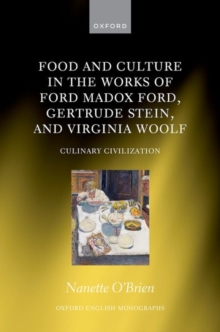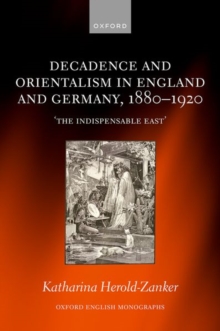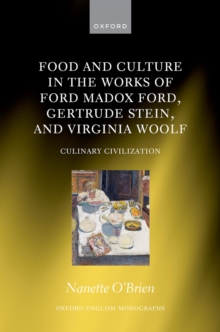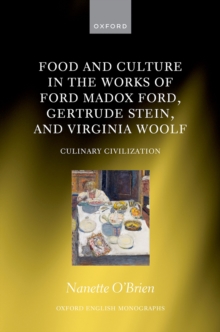
The English Radical Imagination : Culture, Religion, and Revolution, 1630-1660 Hardback
by Nicholas (, Lecturer in Renaissance Literature and Culture, University of Exeter) McDowell
Part of the Oxford English Monographs series
Hardback
Description
The English Radical Imagination addresses current critical assumptions about the nature of radical thought and expression during the English Revolution.
Through a combination of biographical and literary interpretation, it revises the representation of radical writers in this period as ignorant and uneducated 'tub preachers'.
This representation has become a critical orthodoxy since Christopher Hill's seminal study, The World Turned Upside Down (1972).
Despite the reservations of so-called 'revisionist' historians about the misleading implications of Hill's work, cultural historians and literary critics have continued to view radical texts as authentic artefacts of a form of early modern popular culture. This book challenges the divide between 'elite' and 'popular' culture in the seventeenth century.
While research has revealed that the rank and file of the more organized radical movements was composed of the lower 'middling sort' of people who had little or no access to the elite intellectual culture of the period, some of the most important and most discussed radical writers had been to university in the 1620s and 1630s.
Chapters 1-2 investigate how critics - especially those sympathetic to the radicals - have tended to repeat hostile contemporary stereotypes of the ideologists and publicists of radicalism as 'illiterate Mechanick persons'.
The failure to recognize the elite cultural background of these writers has resulted in a failure to acknowledge the range of their intellectual and rhetorical resources and, consequently, in a misrepresentation of the sophistication of both their ideas and their writing.
Chapters 3-5 are case studies of some of the most important and innovative radical writers.
They show how these writers use their experience of an orthodox humanist education for the purposes of satire and ridicule and how they interpret texts associated with orthodox ideologies and cultural practices to produce heterodox arguments.
Radical prose of the English Revolution thus emerges as a more complex literary phenomenon than has hitherto been supposed, lending substance to recent claims for its admission to the traditional literary canon.
Information
-
Out of stock
- Format:Hardback
- Pages:232 pages
- Publisher:Oxford University Press
- Publication Date:06/11/2003
- Category:
- ISBN:9780199260515
Information
-
Out of stock
- Format:Hardback
- Pages:232 pages
- Publisher:Oxford University Press
- Publication Date:06/11/2003
- Category:
- ISBN:9780199260515










